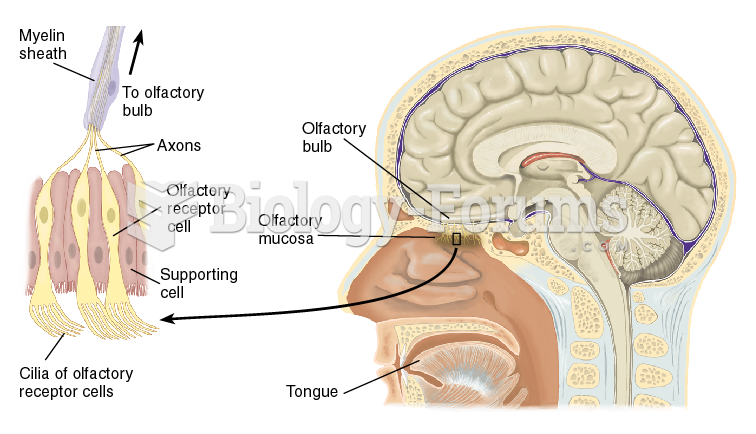Answer to Question 1
Correct Answer: 1,2
Rationale 1: This hormone responds to gonadotropin-releasing hormone to promote maturation of ovarian follicles and estrogen production.
Rationale 2: This hormone stimulates follicle-stimulating hormone to promote maturation of ovarian follicles and estrogen production.
Rationale 3: This hormone has no impact on the reproductive system.
Rationale 4: This hormone has no impact on the reproductive system.
Rationale 5: This hormone has no effect on the reproductive system.
Global Rationale: FSH responds to gonadotropin-releasing hormone to promote maturation of ovarian follicles and estrogen production. Gonadotropin-releasing hormone stimulates follicle-stimulating hormone to promote maturation of ovarian follicles and estrogen production. ACTH, antidiuretic hormone, and GH have no impact on the reproductive system.
Answer to Question 2
Correct Answer: 1
Rationale 1: Propylthiouracil (PTU) is an antihormone. It blocks thyroid hormone from various receptors throughout the body. Without access to the usual receptors, the signs and symptoms of hyperthyroidism are reduced.
Rationale 2: PTU has no effect on estrogen levels.
Rationale 3: PTU does not affect the growth or regeneration of thyroid tissue.
Rationale 4: PTU does not replace thyroid hormone.
Global Rationale: Propylthiouracil (PTU) is an antihormone. It blocks thyroid hormone from various receptors throughout the body. Without access to the usual receptors, the signs and symptoms of hyperthyroidism are reduced. PTU has no effect on estrogen levels, does not affect the growth or regeneration of thyroid tissue, and does not replace thyroid hormone.







